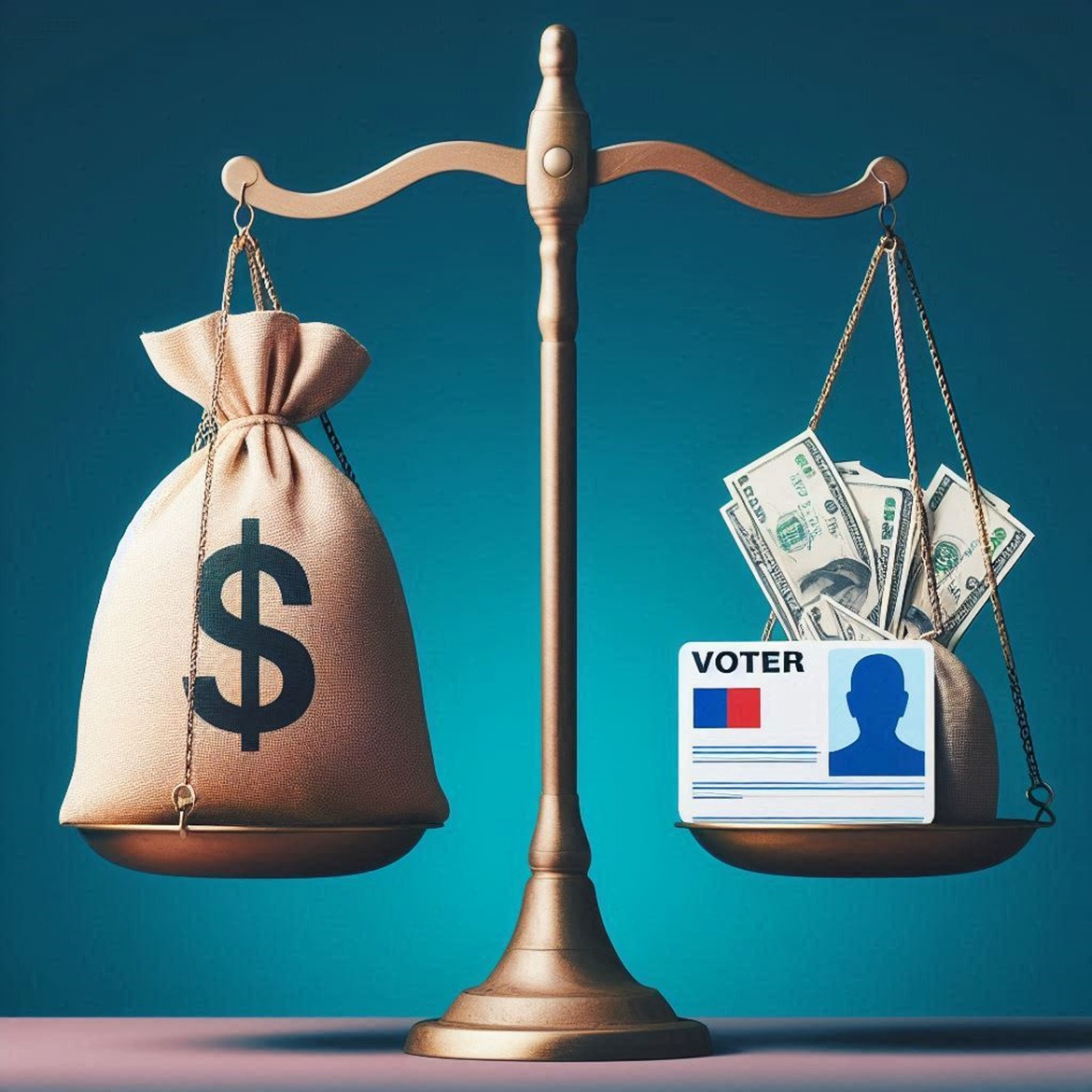Elections are often seen as the ultimate expression of the people’s will, providing legitimacy to those who govern. But how true is this ideal? Are elections genuinely free and fair, or is there more happening behind the scenes to ensure certain outcomes? Let’s explore some critical aspects of the electoral process.
The Influence of Money
One of the most glaring issues in modern elections is the role of money. Political campaigns are expensive, requiring vast sums for advertising, rallies, and various promotional activities. Wealthy individuals and organizations typically donate large amounts to candidates or parties they support, creating an uneven playing field. Candidates with less financial backing struggle to get their message across, while those with substantial funding dominate the media landscape.
This financial influence raises questions about whose interests are being served. Are elected officials truly representing their constituents, or are they beholden to their major donors? The reality is that money can sway elections, making it harder for genuinely independent candidates to compete.
Media Control and Bias
The media plays a crucial role in shaping public perception during elections. Major news outlets have significant influence over what information reaches the public. If a handful of corporations own the majority of media outlets, this concentration of control can lead to biased reporting. Certain candidates may receive more favorable coverage, while others are ignored or portrayed negatively.
This bias isn’t always blatant; it can be subtle, with the choice of stories, the framing of issues, and the amount of coverage given to different candidates. When media is controlled by a few, it raises concerns about whether voters are receiving a balanced view of the candidates and their platforms.
Voter Suppression and Gerrymandering
Voter ID laws are often criticized as tools of voter suppression, but they also have a compelling argument in their favor. Requiring identification to vote is seen by many as a straightforward way to ensure the integrity of the electoral process. Just as ID is needed for numerous everyday activities—boarding a plane, buying alcohol, or even checking into a hotel—supporters argue that it’s reasonable to expect voters to prove their identity when casting a ballot.
Proponents of Voter ID laws believe that these measures help prevent fraud and ensure that each vote cast is legitimate. By verifying the identity of each voter, the possibility of someone voting multiple times or impersonating another voter is reduced. This can increase public confidence in the electoral system, making people more likely to trust the results.
Critics argue that Voter ID laws disproportionately affect certain groups, such as minorities, low-income individuals, and the elderly, who may have more difficulty obtaining the required identification. However, supporters counter that these challenges can be mitigated by providing free or low-cost IDs and ensuring accessible ways to obtain them. They believe that the benefits of preventing fraud outweigh the potential drawbacks.
While Voter ID laws are designed to secure the voting process, gerrymandering remains a contentious issue. Gerrymandering involves drawing electoral district boundaries in ways that favor one party over another. This can result in election outcomes that do not accurately reflect the overall vote distribution. Efforts to create fairer district maps, whether through independent commissions or clearer guidelines, are essential to ensure that elections are truly representative.
The Role of Technology
In recent years, the role of technology in elections has come under scrutiny. Electronic voting machines, while convenient, are not immune to tampering. Security experts have raised concerns about the vulnerability of these machines to hacking. If the integrity of the voting process is compromised, it casts doubt on the legitimacy of the results.
Additionally, social media platforms have become powerful tools for influencing public opinion. Algorithms determine what content users see, creating echo chambers that reinforce existing beliefs. Misinformation and fake news can spread rapidly, misleading voters and impacting their decisions.
The Power of Incumbency
Incumbent candidates often have significant advantages over challengers. They have greater name recognition, easier access to campaign funds, and the ability to use their current office to garner media attention. Incumbents can also use their position to influence policies and decisions that benefit their reelection efforts.
This power imbalance makes it difficult for new candidates to break through, leading to a political landscape dominated by the same individuals and parties. When incumbents have such a strong advantage, it raises questions about the true competitiveness of elections.
International Interference
There is also the issue of foreign interference in elections. Governments and organizations from other countries have the capability to influence elections through various means, such as cyber-attacks, misinformation campaigns, and financial support for certain candidates. This interference can undermine the sovereignty of a nation’s electoral process and lead to outcomes that do not reflect the will of the people.
Conclusion
While elections are a fundamental part of the political process, it is clear that various factors can influence their outcomes, casting doubt on their fairness and freedom. The influence of money, media control, voter ID laws, gerrymandering, technological vulnerabilities, the power of incumbency, and international interference all play a role in shaping the results.
Understanding these issues is crucial for anyone who values genuine representation. By recognizing the potential for manipulation, we can advocate for reforms that promote transparency, accountability, and true representation. Only then can we move closer to the ideal of free and fair elections that truly reflect the will of the people.

Sorry, the comment form is closed at this time.